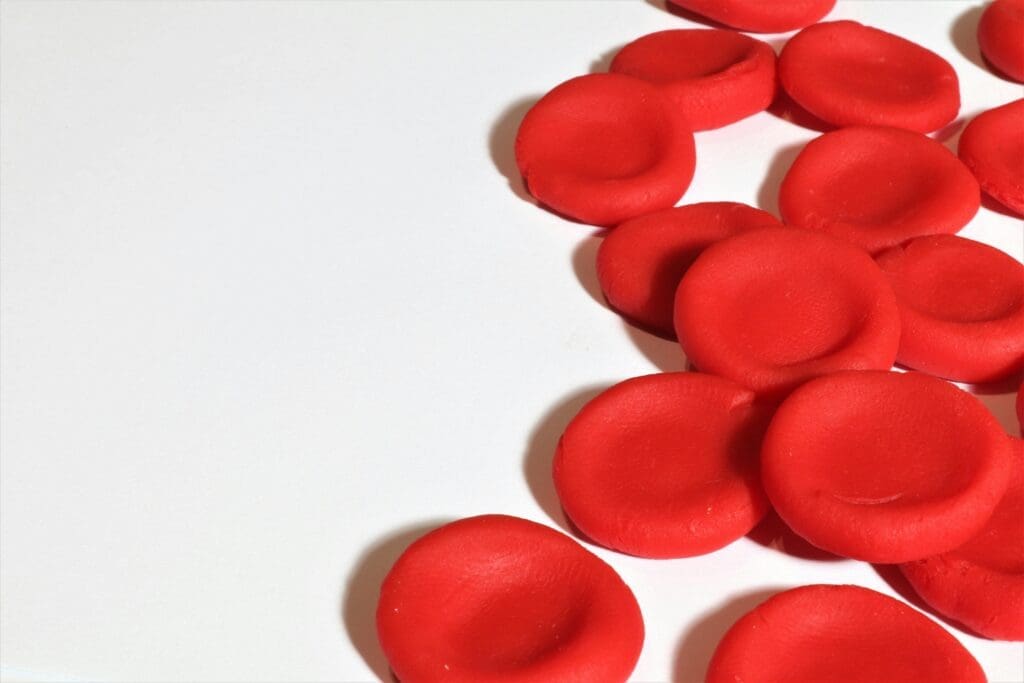New technology deciphers immune cell communication for personalized therapies
An interdisciplinary team led by the Berlin Institute of Health at Charit├® (BIH), the Max Delbr├╝ck Center, the German Cancer Research Center (DKFZ), the Heidelberg Institute for Stem Cell Technology and Experimental Medicine (HI-STEM) and Queen Mary University of London has developed a groundbreaking technology that decodes the communication of immune cells. The method, published in Nature Methods, provides insights into the immune defense in viral infections, the development of autoimmune diseases and the effectiveness of immunotherapies in cancer. It provides the basis for personalized therapeutic approaches.
The immune system protects the body through a complex communication network in which immune cells recognize, alert and eliminate pathogens or cancer cells. Disruptions in this communication can lead to diseases such as cancer or autoimmune diseases. Cancer cells often bypass immune surveillance by manipulating cell-cell interactions. Modern immunotherapies restore this communication, but not all patients benefit equally, and prediction methods are lacking.

The new technology measures millions of cell-cell interactions quickly and cost-effectively, both in research laboratories and in the clinic. It enables the analysis of the behavior of immunotherapies and the prediction of individual therapy responses. In addition, the researchers created dynamic maps of immune cell networks that show how the immune defense is coordinated in different tissues in viral infections and autoimmune diseases.
The development was made possible by the collaboration of experts from medicine, computer science and life sciences, largely supported by doctoral students Dominik Vonficht, Lea Jopp-Saile, Schayan Yousefian and Viktoria Flore. Under the direction of Prof. Simon Haas and PD Dr. Dr. Daniel H├╝bschmann, the technology is now being further developed with clinical partners in order to predict treatment success more precisely and to target personalized therapies. The results could revolutionize the treatment of cancer and autoimmune diseases.
Original Paper:
Ultra-high-scale cytometry-based cellular interaction mapping | Nature Methods
Editor: X-Press Journalistenb├╝ro GbR
Gender Notice. The personal designations used in this text always refer equally to female, male and diverse persons. Double/triple naming and gendered designations are used for better readability. ected.




